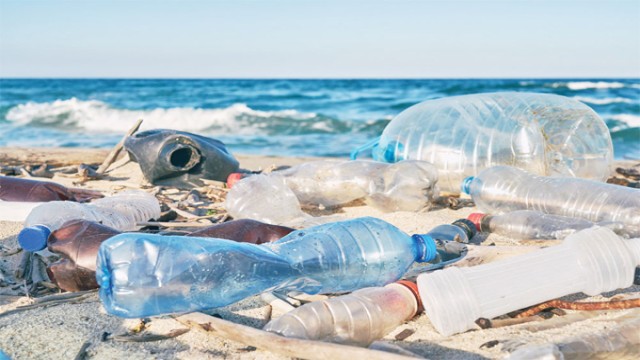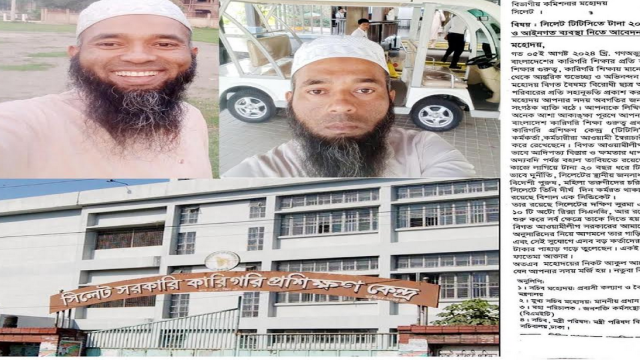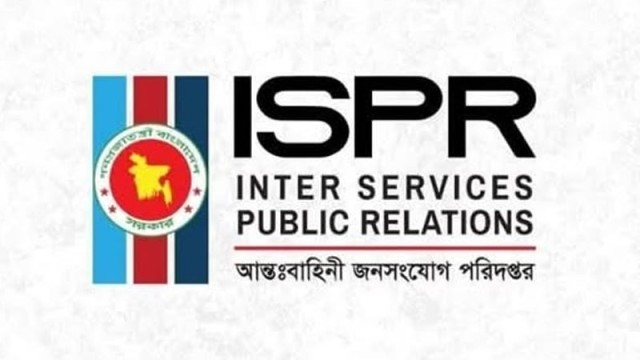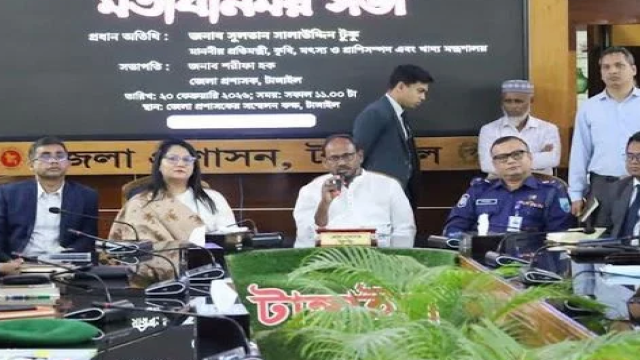In a recent revelation, an expert predicts that the Bay of Bengal will encounter a significant surge in plastic pollution by 2025, reaching five times the levels recorded in 2010. Dr. Shahriar Hossain, founder of ESDO (Eco-Social Development Organization) and executive vice-president of the World Alliance for Mercury-Free Dentistry, sounded the alarm on the escalating crisis of plastic pollution during a discussion hosted by the United Nations Office for Project Services (UNOPS) in Bangladesh.
The discussion, part of the "SDG Café" series dedicated to tackling pressing development challenges, shed light on the urgency of addressing plastic pollution in the marine environment. With South Asia ranking as the second-largest contributor to global plastic waste, Bangladesh faces significant environmental threats, ranking sixth globally in plastic and polythene pollution in its water bodies.
The roundtable underscored the critical importance of collective action to combat plastic pollution and achieve Sustainable Development Goals (SDGs) 12 and 14, focusing on responsible consumption and production and life below water, respectively.
Acknowledging the severity of the situation, Sudhir Muralidharan, Country Manager of UNOPS in Bangladesh, emphasized the need for collaborative efforts to mitigate the threats posed by plastic pollution. Urgent action is imperative, given that South Asia contributes a staggering amount of solid waste to oceans annually, with a significant portion being plastic.
Charles Callanan, Director of UNOPS South Asia Multi-country Office, echoed the urgency of addressing plastic pollution, stressing the importance of collaborative initiatives like the SDG Café. He highlighted the alarming scale of environmental degradation caused by plastic pollution and emphasized the need for a comprehensive circular economy framework to tackle the root causes of the issue.
The SDG Café brought together key stakeholders from various sectors, including government officials, international organizations, development partners, and academicians, to discuss and devise strategies to combat plastic pollution effectively.































Comment: